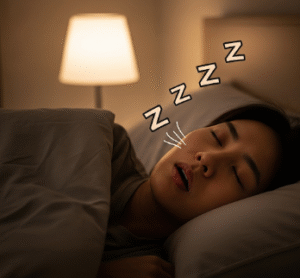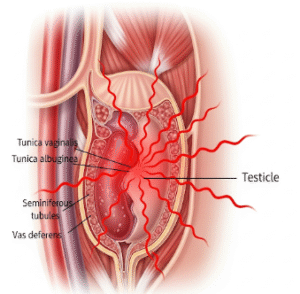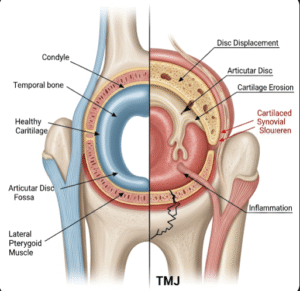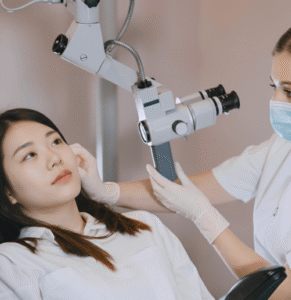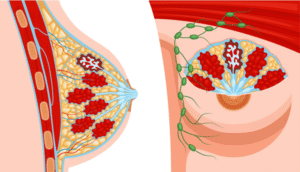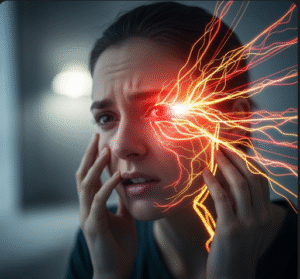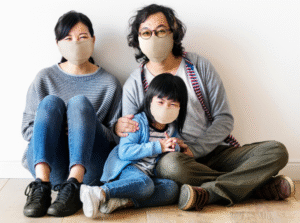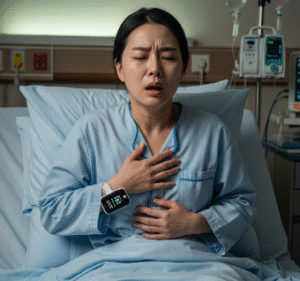Overview
Pavlovian Conditioning Disorder is not an officially recognized medical diagnosis but refers informally to maladaptive behavioral responses that develop through classical conditioning, also known as Pavlovian conditioning. It occurs when a neutral stimulus becomes associated with a negative emotional or physical response due to past experiences. While not a standalone disorder in clinical manuals like the DSM-5, it plays a significant role in understanding phobias, post-traumatic stress disorder (PTSD), addictions, and certain anxiety disorders.
What is Pavlovian Conditioning Disorder?
This condition stems from classical conditioning, where the brain links a neutral stimulus (e.g., a sound, smell, or place) to a significant event. Over time, this neutral stimulus alone can trigger a strong emotional or physical response, such as fear, anxiety, or even physical symptoms. For example, a person who experiences a traumatic car accident might begin to panic at the sound of screeching tires—even if they’re not in danger.
This kind of learned association can lead to automatic and involuntary reactions, becoming problematic when it interferes with daily life or causes significant emotional distress.
Symptoms
Although not a formal diagnosis, individuals experiencing symptoms related to Pavlovian conditioning may exhibit:
- Uncontrollable anxiety or fear in response to a specific trigger
- Avoidance behavior (avoiding places, people, or objects associated with trauma or discomfort)
- Physical symptoms like sweating, nausea, or rapid heartbeat when exposed to a conditioned stimulus
- Flashbacks or emotional outbursts
- Compulsive behavior in response to conditioned cues (e.g., in addiction)
- Hypervigilance or being overly alert in situations that resemble past trauma
Causes
The root cause is the association between two stimuli, usually formed through a traumatic, stressful, or emotionally charged event. Common causes include:
- Traumatic events (e.g., accidents, violence, abuse)
- Phobias formed after a single negative experience
- Addiction cycles, where environmental cues trigger craving or relapse
- Childhood experiences, such as repeated punishment or neglect
- PTSD, where everyday stimuli become reminders of trauma
Risk Factors
Some individuals are more likely to develop maladaptive conditioned responses due to:
- Exposure to trauma or chronic stress
- Anxiety or mood disorders
- Genetic predisposition to emotional sensitivity
- Lack of coping skills or emotional support
- Early-life adversity or neglect
- Neurological differences in how the brain processes fear or reward
Complications
Without intervention, conditioned responses can deeply affect mental health and quality of life:
- Chronic anxiety or panic attacks
- Social isolation due to avoidance behavior
- Substance use or addiction relapse
- Difficulty forming or maintaining relationships
- Reduced ability to function in daily activities
- Development of other mental health disorders, such as OCD or depression
Prevention
While classical conditioning is a natural process, maladaptive associations may be prevented through:
- Early intervention after trauma
- Resilience training and emotional regulation
- Mindfulness-based practices to reduce automatic responses
- Educating at-risk individuals on healthy coping mechanisms
- Therapy and support systems during recovery from traumatic events
Treatment Options in Korea
South Korea offers advanced treatment approaches for disorders rooted in Pavlovian conditioning, particularly under the scope of anxiety, phobia, PTSD, and addiction. Treatment often includes:
1. Cognitive Behavioral Therapy (CBT)
- Helps break the negative associations between stimuli and emotional responses.
- Includes exposure therapy, where patients are gradually exposed to triggers in a controlled way to reduce sensitivity.
2. Eye Movement Desensitization and Reprocessing (EMDR)
- Effective for trauma-related conditioned responses.
- Helps reprocess and “unlink” emotional triggers from traumatic memories.
3. Medication
- SSRIs or SNRIs for anxiety and depression
- Beta-blockers to reduce physical symptoms of fear
- Anti-addiction medication for cue-triggered cravings
4. Virtual Reality Therapy (VR)
- Utilized in modern Korean clinics to simulate environments and safely expose patients to triggers in a therapeutic setting.
5. Mindfulness-Based Stress Reduction (MBSR)
- Offered in both hospital and community mental health programs in Korea.
- Teaches individuals how to be present without reacting to conditioned cues.
6. Inpatient and Outpatient Psychiatric Services
- Available at premier institutions like Samsung Medical Center, Asan Medical Center, and National Center for Mental Health in Seoul.
- Multidisciplinary teams provide psychological, neurological, and behavioral care.



